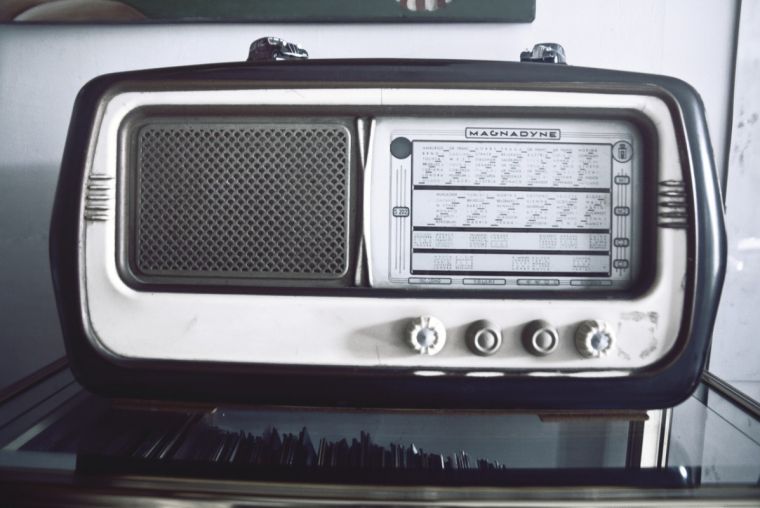Could the BBC drop religion completely from its radio output?

BBC Radio 4 might be able to get away in the future with not broadcasting religious services – along with science and arts programming, according to The Daily Telegraph.
In fact the corporation is unlikely to drop religion completely, but under the new rules it could drastically cut the amount it does on radio.
The regulator Ofcom plans to cut the number of radio programming hours needed for the BBC to meet its public service duties from more than 200 to just 20.
The television watchdog, the Voice of the Listerner and Viewer (VLV), warned the proposals as could undermine tbe 'distinctiveness' of Radio 4 along with its ability to deliver its mission to engage and entertain.
Government sources told the Telegraph they feared the more relaxed rules rules could lead to 'dumbing down'.
VLV has also welcomed the slight rise in quotes for religion, music and arts on BBC One and BBC Two, along with a stipulation that some of these programmes must be shown in peak viewing time. But VLV also suggested there should be a requirement for more of these programmes to be shown at peak times.
Ofcom took on regulation of the BBC under its new Charter. The BBC is aiming to make cuts of about £800 million over the next few years.
In a speech earlier this year, Ofcom chief executive Sharon White said: 'In recent years, public service broadcasters have also shown fewer arts, classical-music and religious programmes. The BBC can help arrest that decline; these genres feature highly in its new Charter. In fact, as our audience research bears out, they are totemic to distinctive public service broadcasting.
'So our draft licence sets stronger safeguards for arts, music and religious programmes on BBC One and Two, including in peak time. It also obliges the BBC to reserve a significant proportion of music on Radio 1 and 2 to new and emerging artists, to set these stations further apart from the competition.'
A BBC spokesman said: 'It's important that regulation strikes the right balance between accountability and giving us the creative freedom to produce the highest quality and distinctive programmes and services for audiences. In the longer term, the BBC's performance should be judged more on assessing audience outcomes and impacts than on prescribing inputs and outputs.'











